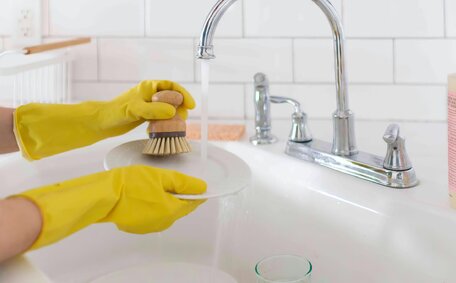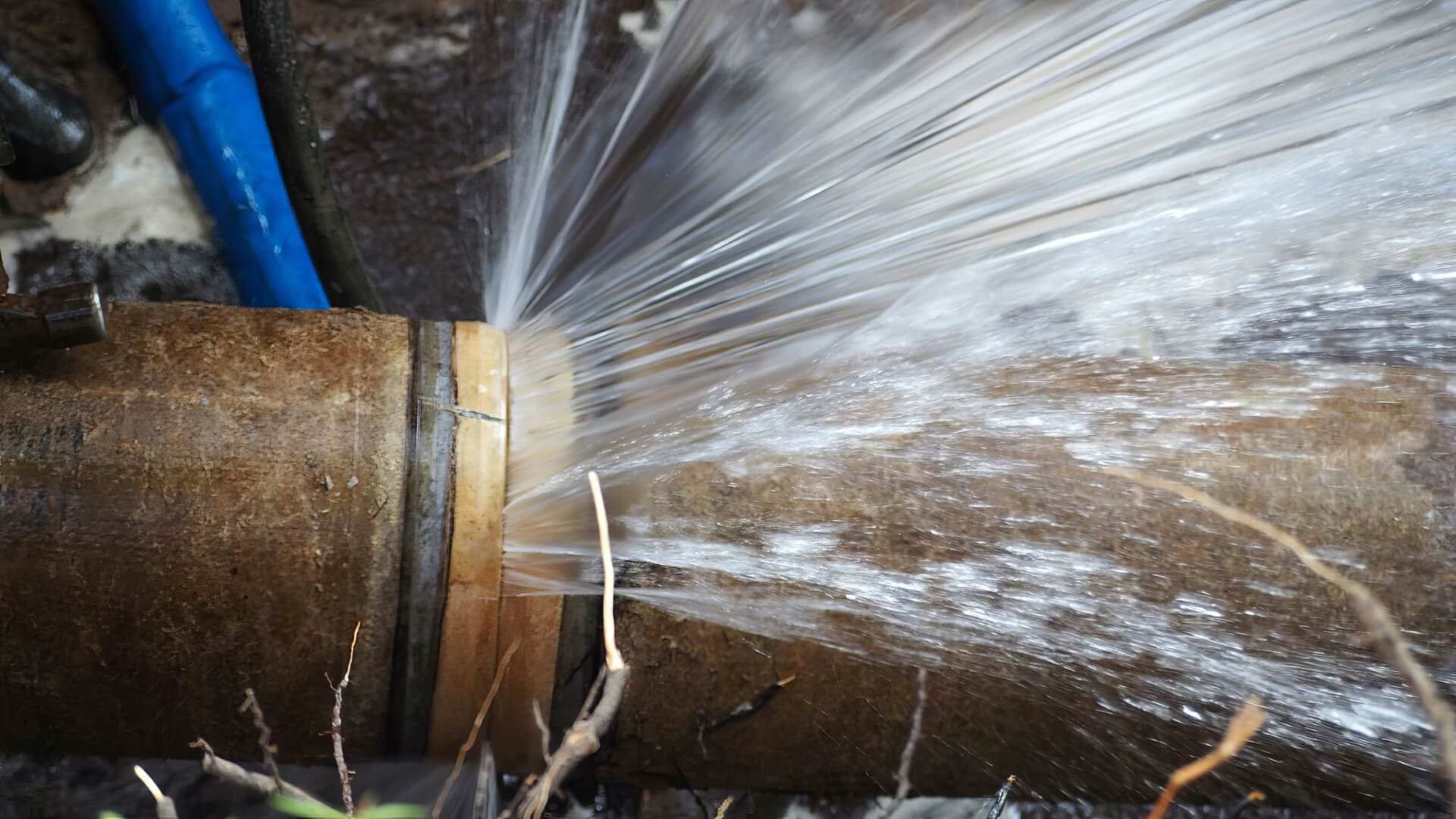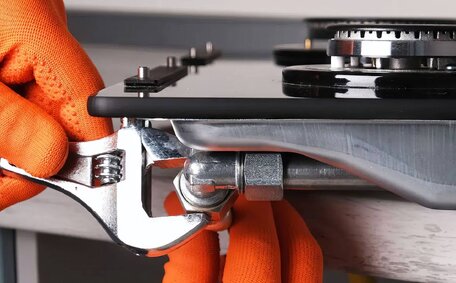Understanding carbon monoxide and its dangers
Carbon monoxide (CO) is a hazardous gas produced by the incomplete combustion of natural gas and other fuels. When inhaled, CO binds to haemoglobin in the bloodstream significantly more strongly than oxygen, which can prevent vital organs from receiving adequate oxygen.
Prolonged exposure to CO from inadequately ventilated gas heating can lead to tissue damage or even death due to serious health consequences.
A blood test is the definitive method to diagnose CO poisoning, a result of incomplete gas combustion.
Without a carbon monoxide detector, CO poisoning could remain undetected, increasing the risk of health complications.
Homes with gas appliances, including stoves and fireplaces, should have CO alarms on every level and near sleeping areas to detect the presence of CO, particularly during times of frequent use. Regular maintenance prevents CO leaks that could expose you to low levels of this toxic gas, underscoring a carbon monoxide alarm’s necessity.
It’s essential to replace alarm batteries annually to ensure continuous and effective CO level detection, following manufacturer recommendations.
How gas appliances can leak carbon monoxide
Incorrectly installed or poorly maintained appliances can lead to dangerous CO buildup, posing significant health risks. Several measures can mitigate the threat of CO leaks from malfunctioning gas appliances:
- Faulty installation - Improper installation or a lack of proper ventilation of any gas appliance, particularly unflued ones, can be dangerous.
- Lack of maintenance - Gas appliances may sustain wear and tear over time, leading to damage that causes incomplete combustion and potential carbon monoxide production. They should be serviced by a licensed expert at least once every two years.
- Insufficient ventilation - use of unflued heaters or operating several appliances at the same time without adequate fresh air can create negative pressure that exacerbates CO accumulation indoors.
According to Energy Safe Victoria, common household appliances linked to high levels of carbon monoxide (CO) include gas stove emissions, gas space heaters, and water heater units. Gas leaks are more frequent in winter due to increased cooking and heating demand.
Preventing CO incidents requires proactive measures like annual safety inspections by a licensed gasfitter, correct use and venting of appliances, and the installation of CO alarms.
The importance of carbon monoxide detectors
Carbon monoxide detectors play a crucial role in protecting homes and families from the dangers of CO poisoning. Installing CO alarms on every level of the home and near all sleeping areas can make your dwelling safer and safeguard against accidental exposure.
CO detectors continuously monitor air quality for gas levels and emit loud alarms when detecting dangerous CO concentrations, alerting occupants to hazards before adverse health effects occur. Newer models can also send danger alerts directly to smartphones, providing additional safety for appliances like range ovens.
While CO alarms operate automatically once installed, the devices themselves require periodic maintenance. According to manufacturer guidelines, batteries should be replaced biannually or when a low battery warning sounds. Monthly testing of the alarms by pressing their test buttons confirms the operational status of the vital safety work they do.
There are battery powered, plug-in, and hardwired CO detector options available. Hardwired integrated alarms connected to the home’s electrical system provide round-the-clock protection with battery backup in case of power outages. Consult a licensed gas technician to ensure your choice of detectors is appropriate for your household needs.
Investing in carbon monoxide alarms ensures the security of your gas appliances, enhancing home safety and peace of mind. We urge all homeowners to take proactive steps by contacting qualified specialists about installation. To ensure professional placement of CO detectors or for gas appliance servicing, please contact your local Chatswood Plumbing at 1300 349 338.
Symptoms and health effects of carbon monoxide poisoning
Exposure to emission from a faulty gas heater can make individuals sick, leading to a slew of health concerns. Typical early symptoms of CO poisoning are headaches, dizziness, nausea, fatigue, and confusion. More severe symptoms CO poisoning cases may experience loss of consciousness, trouble breathing, or seizures.
If CO poisoning is suspected, immediately seek fresh air and medical attention if you’re experiencing symptoms. Request a blood test to check for dangerous carbon monoxide levels, similar to analysing vehicle exhaust. Even mild exposure should prompt a medical research evaluation to assess damage and prevent further health decline.
Long-term effects of CO poisoning can lead to brain damage impacting memory, motor functions, language, and behaviour. Exposure during pregnancy heightens the risk of complications, including childhood asthma, miscarriage, or birth defects. Regular follow-up check-ups are essential after CO poisoning, particularly to monitor children for potential development of conditions like asthma.
Death typically occurs from hypoxia - lack of oxygen to critical organs. Installing carbon monoxide CO detectors and properly maintaining gas appliances reduces this risk.
Reports indicate that each year, over 50 people in Australia succumb to inadvertent exposure to hazardous gases such as CO and nitrogen dioxide.
If a CO leak is suspected, immediately turn off the gas and ventilate the area. Evacuate the area, get loads of fresh air as possible, ensure gas appliances are turned off, and contact a professional to inspect for hazards. The faster exposure is addressed, the less likely it will make individuals sick, ensuring better health outcomes.
Regular gas appliance maintenance and servicing
Routine servicing by qualified technicians is vital in preventing CO leaks from gas appliances. Appliances should undergo biennial inspections to prevent CO spillage and ensure safe operation.
During the servicing work, professionals conduct a gas safety check, which involves inspecting pipes and connections for leaks, assessing burner flames and ventilation, clearing blockages, and tuning the appliance for optimal performance. It is advisable for homeowners to inspect their gas appliances for faults or risks, enabling prompt action to prevent hazardous CO build-up.
For more about the annual servicing of all household gas appliances, we highly recommend getting in touch with licenced specialists such as Chatswood Plumbing. Our gasfitters, with at least two years qualified experience in the field, have extensive training in maintaining and repairing appliances. We provide complete safety inspections, essential preventative repairs, and certification to give you peace of mind.
Don’t gamble with your family’s well-being or your health — be proactive about gas appliance safety. To book an annual service or request advice from our helpful team, call Chatswood Plumbing on 1300 349 338 or email us at [email protected]
Proper ventilation requirements for gas appliances
Adequate ventilation is essential for gas appliances to prevent the buildup of air pollutants, including CO. All indoor gas appliances should be installed with vents or flues to prevent air pollution associated gas combustion byproducts from accumulating. Vents ensure replacement air can enter to feed oxygen for burning while flues remove dangerous combustion products like CO.
For room-sealed appliances, like wall furnaces, opt for unflued gas heaters that draw fresh air from outdoors to ensure proper ventilation.
When using unflued gas heaters, it’s crucial to ensure the room has ample natural airflow from windows, doors, or air vents.
According to Australian Standard AS/NZS 5601, there’s a minimum requirement of 4 cubic metres per MJ/h of gas input for room volumes. For instance, a 150 MJ/h heater requires a room volume of at least 600 cubic metres, equating to an area approximately 20x20x1.5 metres. Larger rooms with ample openings are key to maintaining air quality and minimising the risk of CO exposure.
Chatswood Plumbing are qualified experts at assessing home ventilation and gas appliance requirements. Our licenced technicians can advise on selecting appropriately sized heaters for spaces, installing flued models where needed, and ducting vents to enhance air circulation. Call us today on 1300 349 338 for expert advice on safely operating your heater room appliances.
What to do if you suspect carbon monoxide exposure
If you suspect carbon monoxide exposure, take immediate action. Evacuate the area and get fresh air right away - CO exposure can quickly become life-threatening. Call 000 if anyone goes out, feeling severe symptoms like a loss of consciousness, trouble breathing, chest pain or seizures.
It is also urgent to get medical help even for mild CO poisoning signs. Inform first responders and emergency room staff that CO poisoning is suspected so they can perform proper tests and treatment.
Once you are safely out of the area, call Chatswood Plumbing immediately on 1300 349 338. As licenced gas fitting experts, we are fully equipped to precisely evaluate indoor air for perilous levels of carbon monoxide and can quickly track down and resolve any appliance issues allowing CO to leak.
Having our emergency contact details handy means faster response in critical CO exposure situations. For your safety, we recommend storing our phone number in your contacts and prominently displaying it in your home next to your smoke alarms and carbon monoxide detectors.
Evolving safety standards for gas appliances
Safety standards for gas appliances continue advancing to further safeguard homes against risks like carbon monoxide poisoning. New heaters and cooktops, less likely to leave you exposed to carbon, feature more precise burner controls, tighter seals and improved ventilation systems to prevent dangerous gas leakage.
The updated AS/NZS 5601 standard requires CO sensors in all new gas appliances, enhancing safety. These detectors automatically shut off the unit if abnormal CO levels occur, adding another layer of protection. Emerging smart sensor technology even allows remote gas safety monitoring via mobile apps.
Manufacturers are producing safer and more efficient gas models, but it’s also critical for consumers to ensure their appliances meet contemporary safety standards. Homeowners should consistently evaluate their gas systems against the latest standards. Upgrading ageing or faulty equipment can drastically improve indoor air quality and health.
As licenced experts staying current on the latest industry regulations, Chatswood Plumbing can advise whether your gas appliances adhere to evolving safety standards. Contact us today on 1300 349 338 to learn about the newest hazard prevention advancements or to arrange an upgrade consultation.






